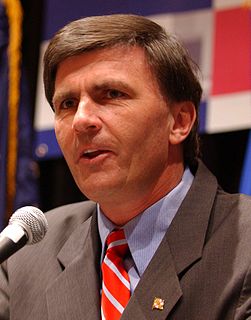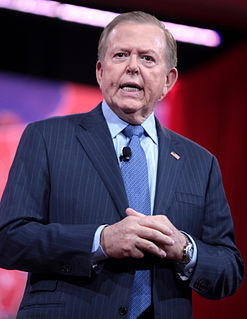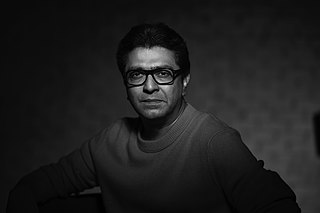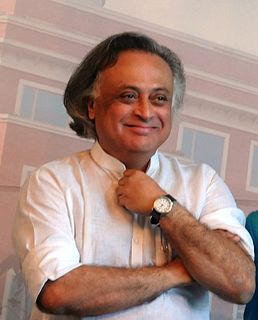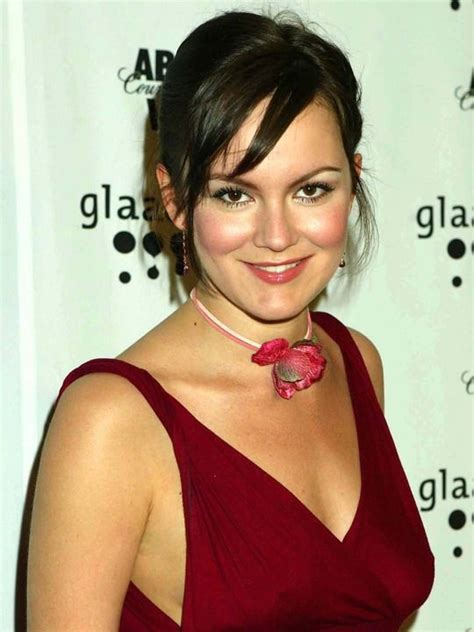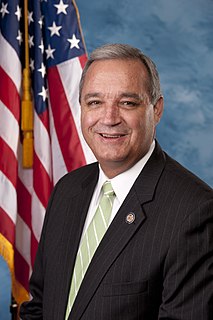A Quote by Marco Rubio
From tea parties to the election in Massachusetts, we are witnessing the single greatest political pushback in American history.
Related Quotes
Since first hearing the story as a child, any mention of the 'Boston Tea Party' has elicited in me an excitement that is uniquely American. When I heard rumblings that there was a new Tea Party, I got goose bumps. I love tea, I love parties, I hate taxes; I'm in! It seemed that most of America joined in my excitement!
The people who started the American government, the founders of the Constitution, didn't like political parties but they were forced to start them. Nobody ever created political parties in England, they evolved. And there do tend to be two general tendencies that focus around how much government you think you need.
Elections in India are not contests between personalities. They are ultimately battles involving political parties; promises and pledges that political parties make; the vision and programmes that political parties bring to the table. So although, Modi's style is 'I, me, myself,' I don't think 2014 elections as a Modi versus Rahul contest.





